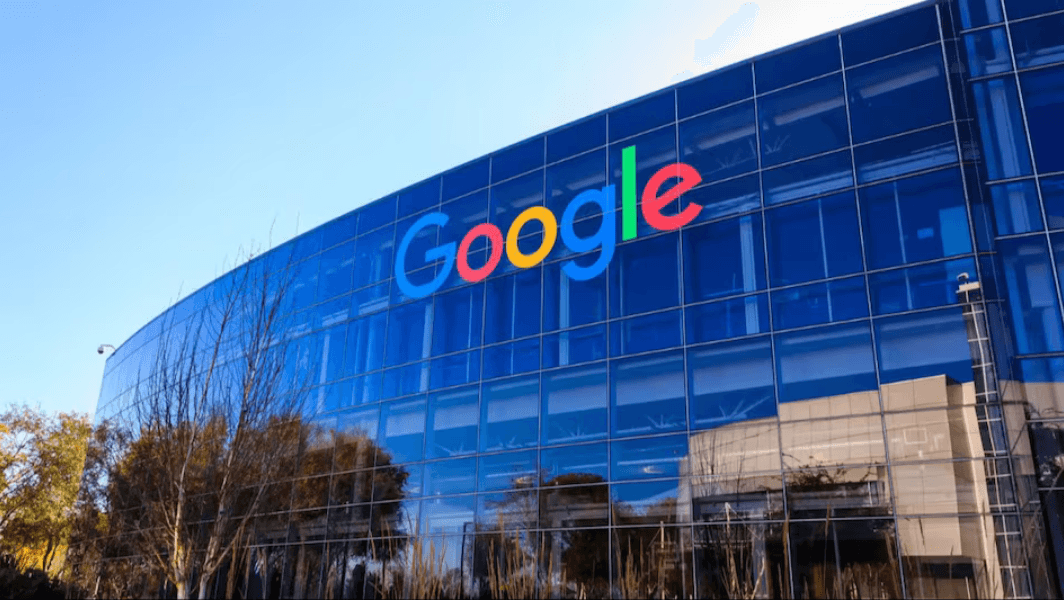
Google to Pay $28 Million to Settle Claims It Favored White and Asian Employees
Tech giant faces scrutiny over alleged hiring and promotion bias; settlement includes back pay, policy changes, and oversight measures
Tech giant Google has agreed to pay $28 million to resolve allegations that it systematically favored White and Asian employees over candidates from Black, Hispanic, and other underrepresented communities in its hiring and promotion practices, according to federal regulators and civil rights advocates.
The settlement, one of the largest of its kind involving workplace discrimination in the tech industry, comes after a multi-year investigation and class-action complaints that accused Google of failing to ensure equitable opportunities in recruitment, pay, and internal advancement.
What the Settlement Covers
The agreement resolves claims brought forward by the U.S. Department of Labor and several former Google employees who alleged they were overlooked or underpaid despite similar or superior qualifications compared to their White and Asian counterparts.
The $28 million will be distributed in three primary ways:
-
Back pay and interest to impacted job applicants and employees
-
Funding for diversity and equity training
-
Independent oversight to ensure future compliance
According to the settlement documents, over 5,000 job applicants and employees across Google's offices in California, Washington, and New York are expected to benefit from the payout.
Allegations of Systemic Discrimination
The allegations date back to 2017–2021, a period during which internal audits and whistleblower complaints revealed patterns of bias embedded within Google’s hiring algorithms, interview panels, and promotion review processes.
Key allegations included:
-
Use of automated filters that disproportionately screened out Black and Hispanic candidates
-
Subjective evaluations in performance reviews that favored certain demographic groups
-
A culture that allegedly discouraged dissent and failed to support inclusion efforts from within
While Google has not admitted to wrongdoing, the company stated that it "is committed to fostering a fair and inclusive workplace" and has agreed to the settlement "to avoid prolonged litigation and focus on continued progress."
The Tech Industry’s Diversity Challenge
Google is not the only tech firm under fire for inequities in its workforce. Despite years of public commitments to diversity, equity, and inclusion (DEI), the industry continues to struggle with representation.
As of its last diversity report, Black employees made up only 4.4% of Google’s U.S. workforce, while Hispanic employees comprised 6.9%. White and Asian workers accounted for the overwhelming majority of technical and leadership roles.
Critics argue that these numbers reflect deep-rooted structural issues, including elite university pipelines, unconscious bias in interviews, and lack of accountability in promotions.
What Google Must Do Now
As part of the settlement, Google has agreed to a set of non-monetary reforms designed to prevent future disparities:
-
Third-party audits of hiring and promotion practices
-
Transparency reports on workforce demographics and pay equity
-
Mandatory bias training for recruiters and managers
-
Establishment of a diversity accountability task force
These measures will be monitored by an independent compliance officer for the next three years.
Community Reaction
While many diversity advocates welcome the settlement as a step toward justice, they caution that financial penalties alone are not enough.
Others argue that systemic change requires deeper reform in hiring pipelines, educational access, and retention strategies—especially for marginalized groups in tech.
What This Means for the Future
This case signals a broader shift in how government agencies and civil society groups are approaching workplace discrimination—focusing not just on overt racism, but on patterns of systemic exclusion.
It also sends a clear message to other tech giants: commitments to diversity must be backed by real action, measurable progress, and transparency.
For Google, the road ahead will be defined not by this settlement, but by whether it can rebuild trust and lead by example in creating a genuinely inclusive workforce.
For any enquiries or information, contact info@thelawreporters.com or call us on +971 52 644 3004. Follow The Law Reporters on WhatsApp Channels